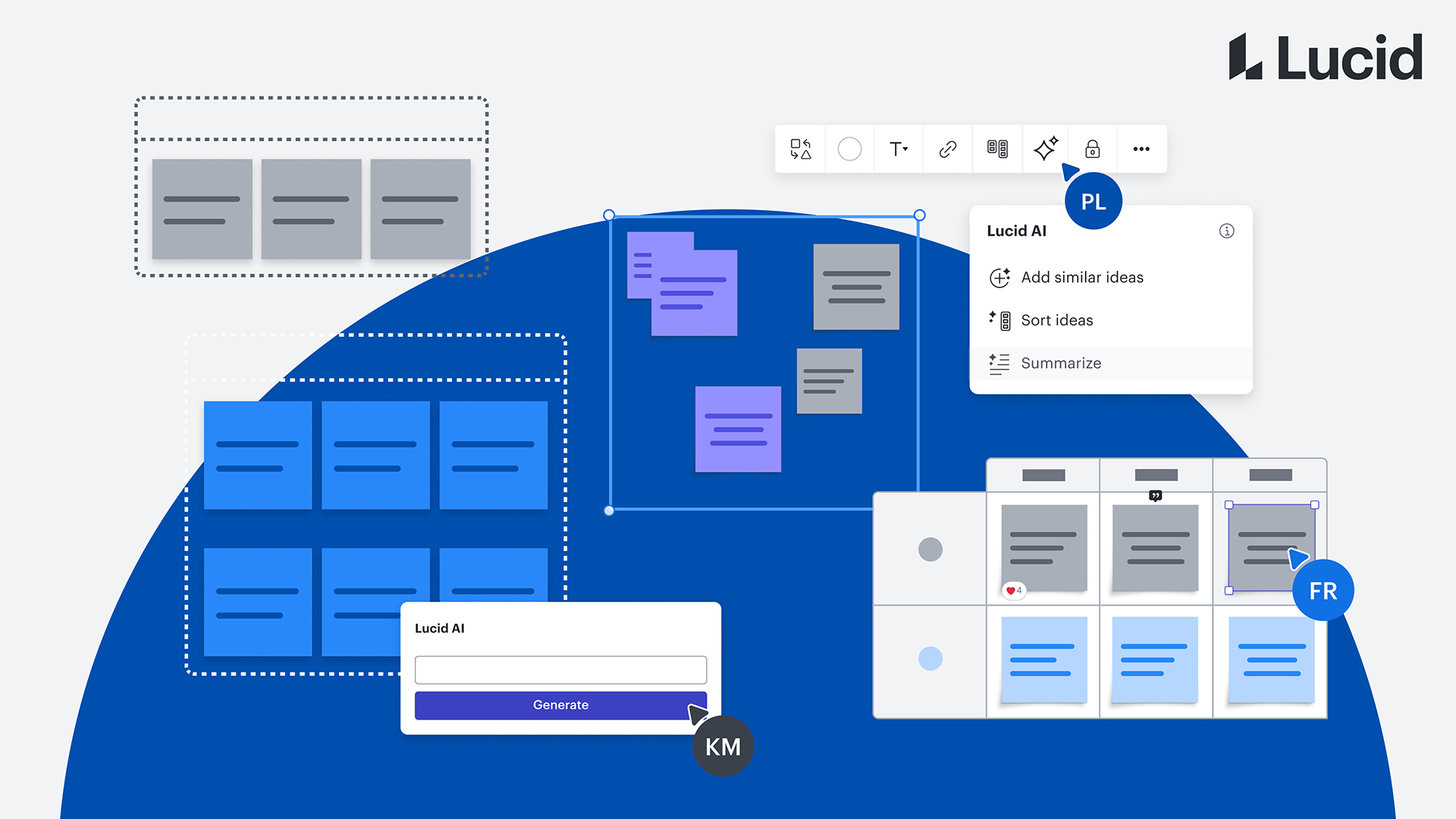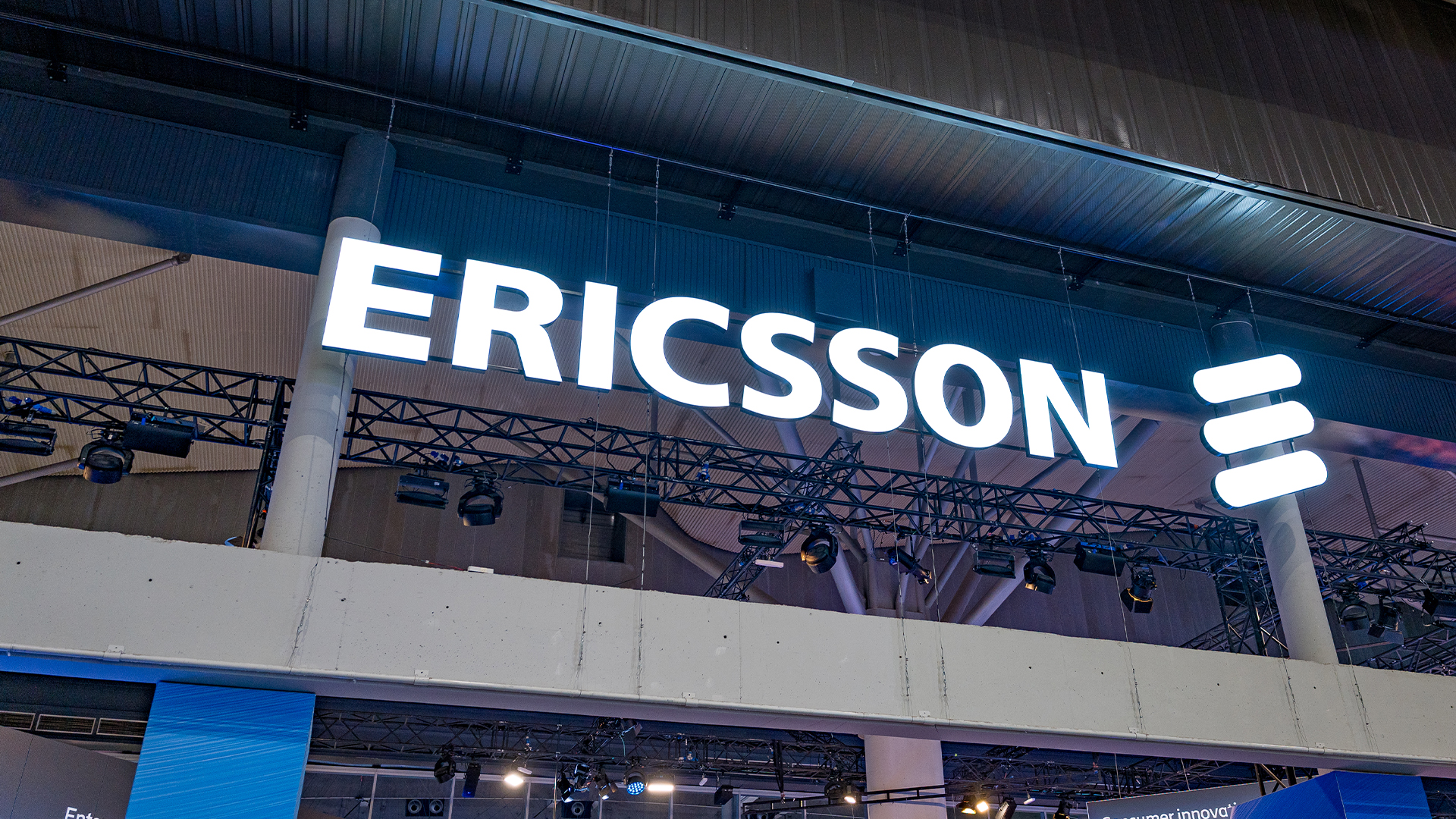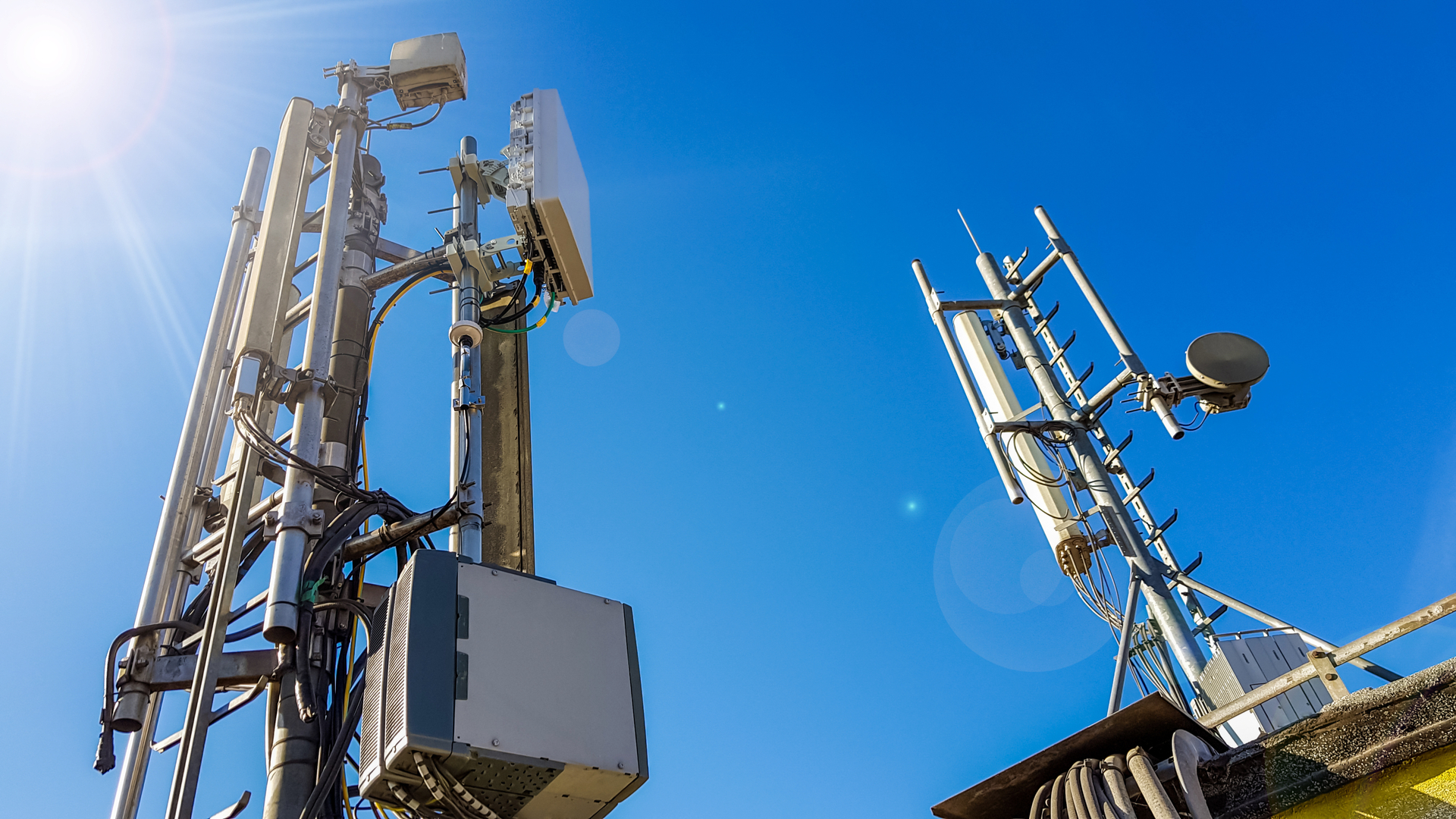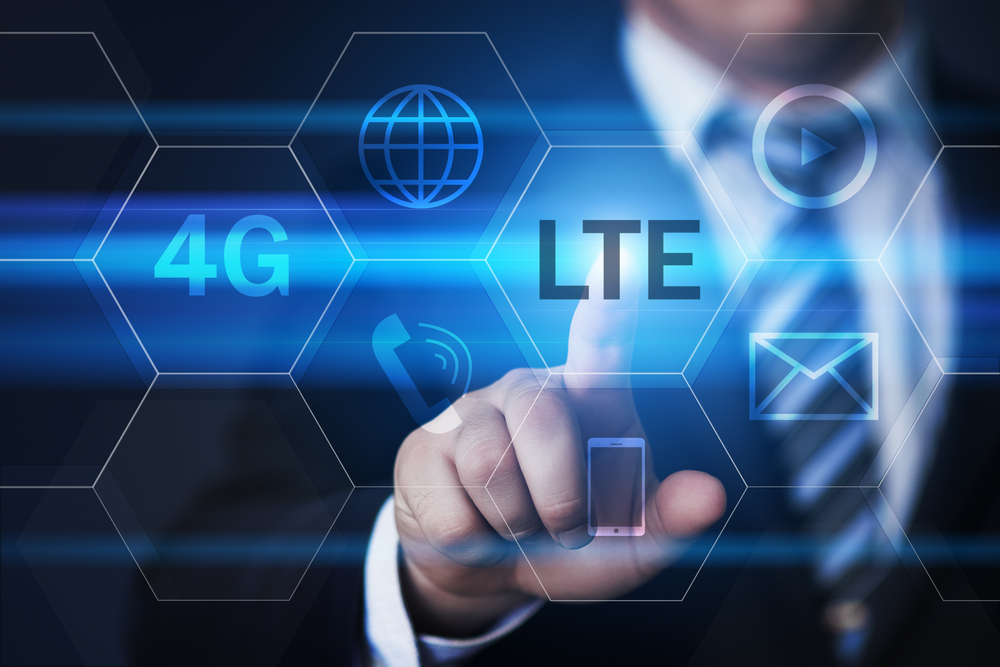4G and the mobile capacity crunch
For road warriors frustrated by download speeds, the UK's 4G networks can't come fast enough. But is 4G really the answer for businesses?

Sign up today and you will receive a free copy of our Future Focus 2025 report - the leading guidance on AI, cybersecurity and other IT challenges as per 700+ senior executives
You are now subscribed
Your newsletter sign-up was successful
Inside the Enterprise: Any heavy user of smartphones, tablets or laptops will crave a faster mobile broadband connection.
Whether it is downloading a PowerPoint or viewing a corporate video, there are few applications that will not benefit from higher speeds. But it will be at least two years before next-generation mobile networks roll out in the UK.
The first stage of that process, a spectrum auction, is planned for next year, with regulators expecting the first operators to turn on coverage in 2013. Where operators' existing 3G masts are suitable for 4G, turning on the faster connections should be relatively quick: LTE, or Long Term Evolution, is largely an incremental upgrade to current 3G and HSDPA networks.
For businesses, the trade off between coverage, and capacity, needs to be handled with care.
LTE and the main alternative, WiMax offer the promise of mobile networks approaching wired internet speeds. The definition of "wired" speeds does rather vary: in one warned operators against increasing speeds at the expense of coverage.
For businesses, the trade off between coverage, and capacity, needs to be handled with care. Already, there are parts of the country with strong HSDPA/HSUPA, or 3.5G signals, but there are also plenty of places, even in cities, that struggle to deliver a reliable 3G signal. Even a 2G data signal cannot be taken for granted across all of the UK, which is a real barrier for businesses in areas such as transport, logistics and field service. And the UK's support for 3G on trains is, on many lines, woeful; public Wi-Fi is largely still patchy.
Then there is the other dilemma: should 4G networks be used mostly for fixed communications to fill in the, mostly rural, wired broadband "not spots" or should the capacity be used to feed data-hungry iPads and iPhones? Should businesses have access to priority mobile broadband "fast lanes", separated from consumers' movies and music downloads? Or is net neutrality too important to give up?
Sign up today and you will receive a free copy of our Future Focus 2025 report - the leading guidance on AI, cybersecurity and other IT challenges as per 700+ senior executives
Ofcom, the industry regulator, recently extended its consultation on the 800MHz and 2.6GHz mobile spectrum until 11 August.
Businesses need to make their views known to the regulator as well as to their telecoms providers if they don't want to face the broadband equivalent of a busy tone.
And do feel free to let us know your views too: comments@itpro.co.uk
Stephen Pritchard is a contributing editor at IT Pro.
-
 Building AI readiness through clear workflows
Building AI readiness through clear workflowsWithout clear systems and shared context, even the smartest AI can’t unlock value. People remain central to making automation effective
-
 Pure Storage snaps up 1touch in data management pivot
Pure Storage snaps up 1touch in data management pivotNews The all-flash storage company is turning its focus to data management with a new acquisition and new name
-
 Three and Ericsson just launched a first-of-its-kind managed 5G service for businesses
Three and Ericsson just launched a first-of-its-kind managed 5G service for businessesNews The new 5G service looks to supercharge business connectivity across Ireland
-
 Ofcom net neutrality update dismisses calls for big tech contributions
Ofcom net neutrality update dismisses calls for big tech contributionsNews Ofcom’s net neutrality stance has been criticized by some industry stakeholders
-
 UK 5G spectrum auction will finally go ahead this week
UK 5G spectrum auction will finally go ahead this weekNews The much awaited auction will involve companies bidding for frequency in two bands
-
 Nokia and NASA join forces to bring 4G to the moon
Nokia and NASA join forces to bring 4G to the moonNews Cellular service will provide the communications needed for meaningful moon exploration
-
 Birmingham crowned the fastest UK city for 4G download speeds
Birmingham crowned the fastest UK city for 4G download speedsNews While Birmingham also recorded the highest speed hike over 2019, London came in at a middling 9th place
-
 LTE vs 4G: Which is better?
LTE vs 4G: Which is better?In-depth Comparing LTE vs 4G has become common in recent years, but how exactly do they differ, and is 4G faster?
-
 What is 4G?
What is 4G?In-depth A look at the fourth generation of mobile networking technology and its availability in the UK
-
 4G vs 5G - what's the difference?
4G vs 5G - what's the difference?Vs From 3G to 4G, mobile connectivity has revolutionised our lives. Now 5G is set to do it again